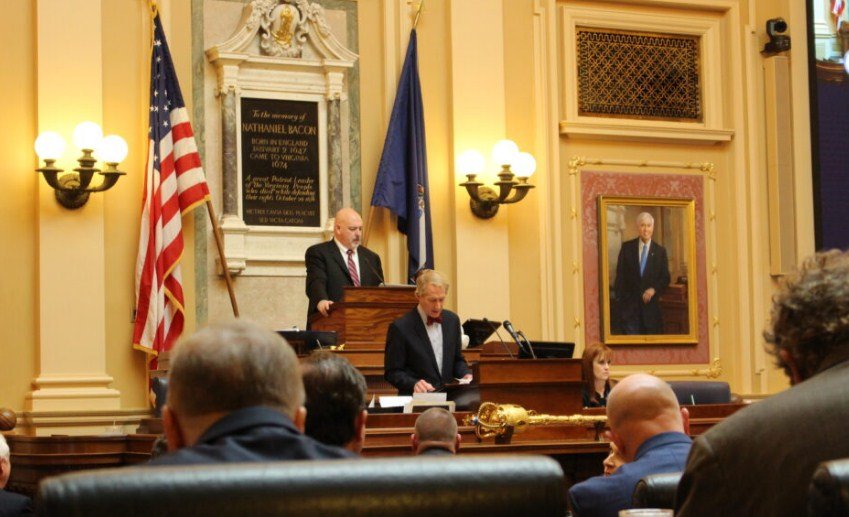Virginia, one of the few states that allows unlimited and unrestricted donations to political campaigns, has failed to pass a bill that would ban the personal use of campaign funds by elected officials. The bill, which was approved by the Senate with a 37-3 vote, was defeated by a voice vote in a House committee on Wednesday, February 28, 2024.
The Bill’s Provisions and Supporters
The bill, sponsored by Democratic Sen. Jennifer Boysko, would prohibit candidates from converting campaign contributions to personal use, defined as spending on a commitment, obligation, or expense that would exist irrespective of the person’s seeking, holding, or maintaining public office. The bill would also bar spending on personal expenses such as mortgages, rent, clothing, non-campaign vehicles, country club memberships, or vacations. The bill would allow spending on child care costs incurred as a direct result of running for or holding public office.
The bill was supported by various advocacy groups, such as Clean Virginia, a good governance and energy policy reform organization, and the Virginia Public Access Project, a nonpartisan tracker of money in politics. They argued that the bill would increase transparency and accountability in Virginia’s campaign finance system, which is among the most lax in the nation. They also pointed out that a personal-use ban was recommended by an ethics commission formed in 2015 in response to former Republican Gov. Bob McDonnell’s gift scandal and bribery conviction, which was later overturned by the U.S. Supreme Court.

The Bill’s Opponents and Obstacles
The bill faced opposition from some lawmakers, especially Republicans, who claimed that the bill was unnecessary, vague, or overreaching. They argued that the bill would infringe on the personal freedom and privacy of candidates, and that the existing disclosure requirements were sufficient to deter any misuse of campaign funds. They also raised concerns about the enforcement and interpretation of the bill by the State Board of Elections, which would have the authority to investigate complaints and impose civil penalties in some cases.
The bill also encountered procedural hurdles in the House of Delegates, where it was assigned to two committees instead of one, as is customary for most bills. The bill passed the House Privileges and Elections Committee, but was then referred to the House Appropriations Committee, where it was defeated by a voice vote without any recorded tally. The House Speaker, Democratic Del. Don Scott, and the House Appropriations Committee Chair, Democratic Del. Luke Torian, both expressed their support for the bill, but did not explain why it was not passed this year. They said that the bill would be a priority for the next session in 2025.
The Implications and Reactions
The defeat of the bill means that Virginia will remain one of the few states that does not restrict the personal use of campaign funds by elected officials. According to a 2016 Associated Press review, some lawmakers have used their campaign accounts to pay for pricey meals and hotels, as well as personal expenses such as car repairs, clothing, or entertainment. The review also found that some lawmakers have amassed large campaign surpluses, which they can use for personal purposes once they close out their accounts.
The bill’s supporters expressed their disappointment and frustration with the outcome, and vowed to continue their efforts to reform Virginia’s campaign finance system. They said that the bill was a common-sense and bipartisan measure that would protect the public interest and the integrity of the democratic process. They also urged Gov. Glenn Youngkin, who has not taken a public stance on the issue, to support the bill and call for a special session to pass it.

Comments